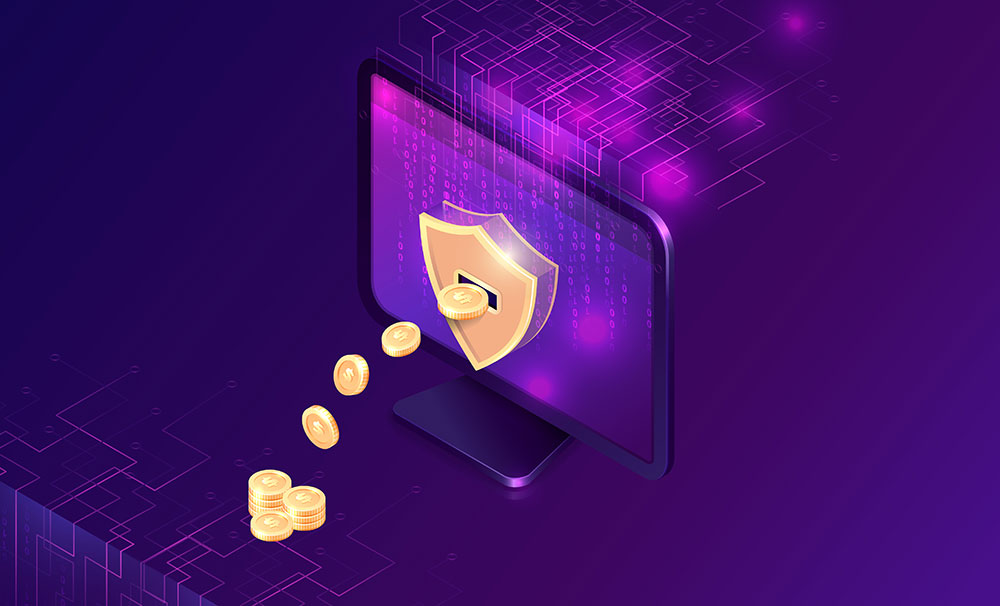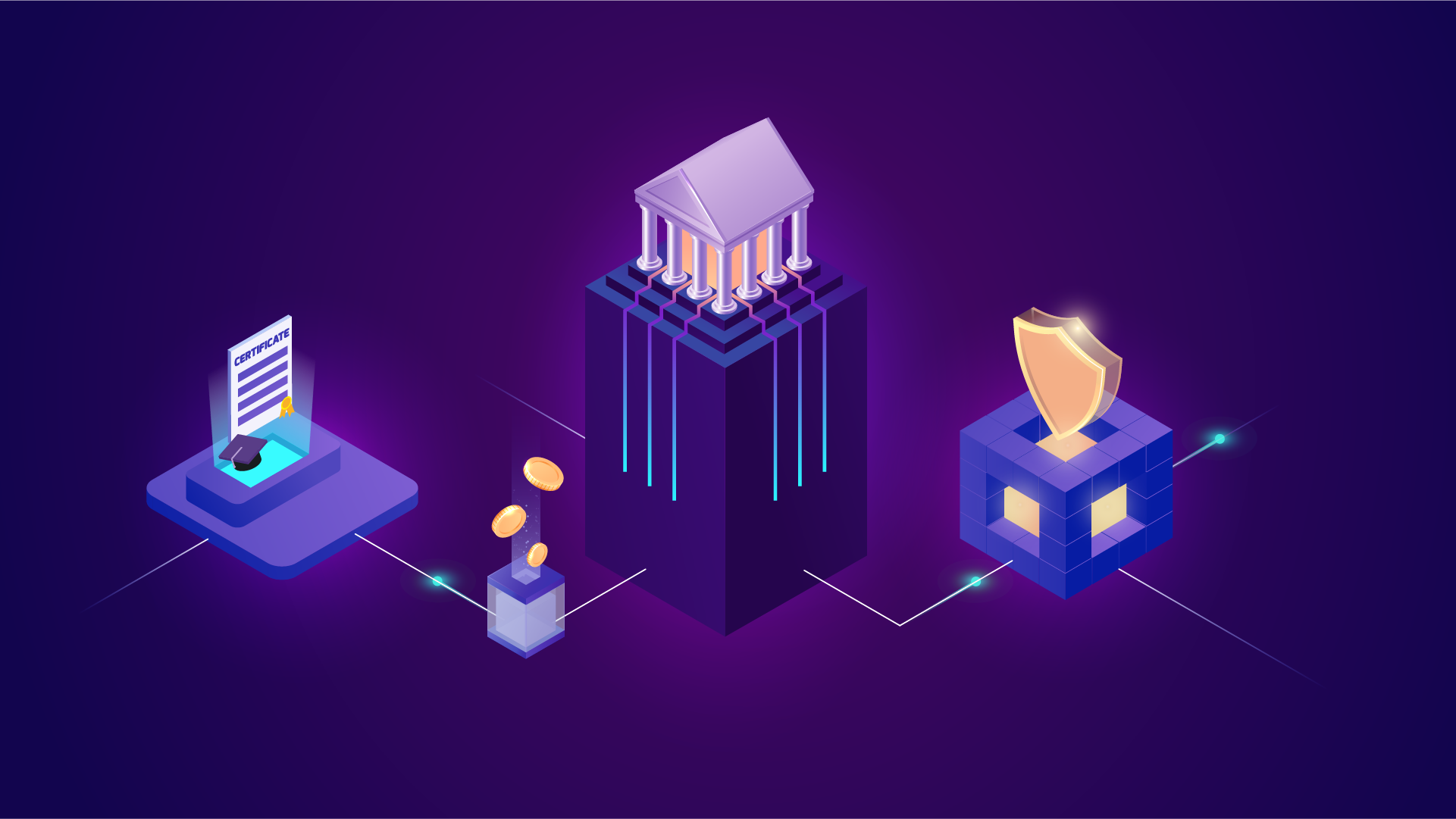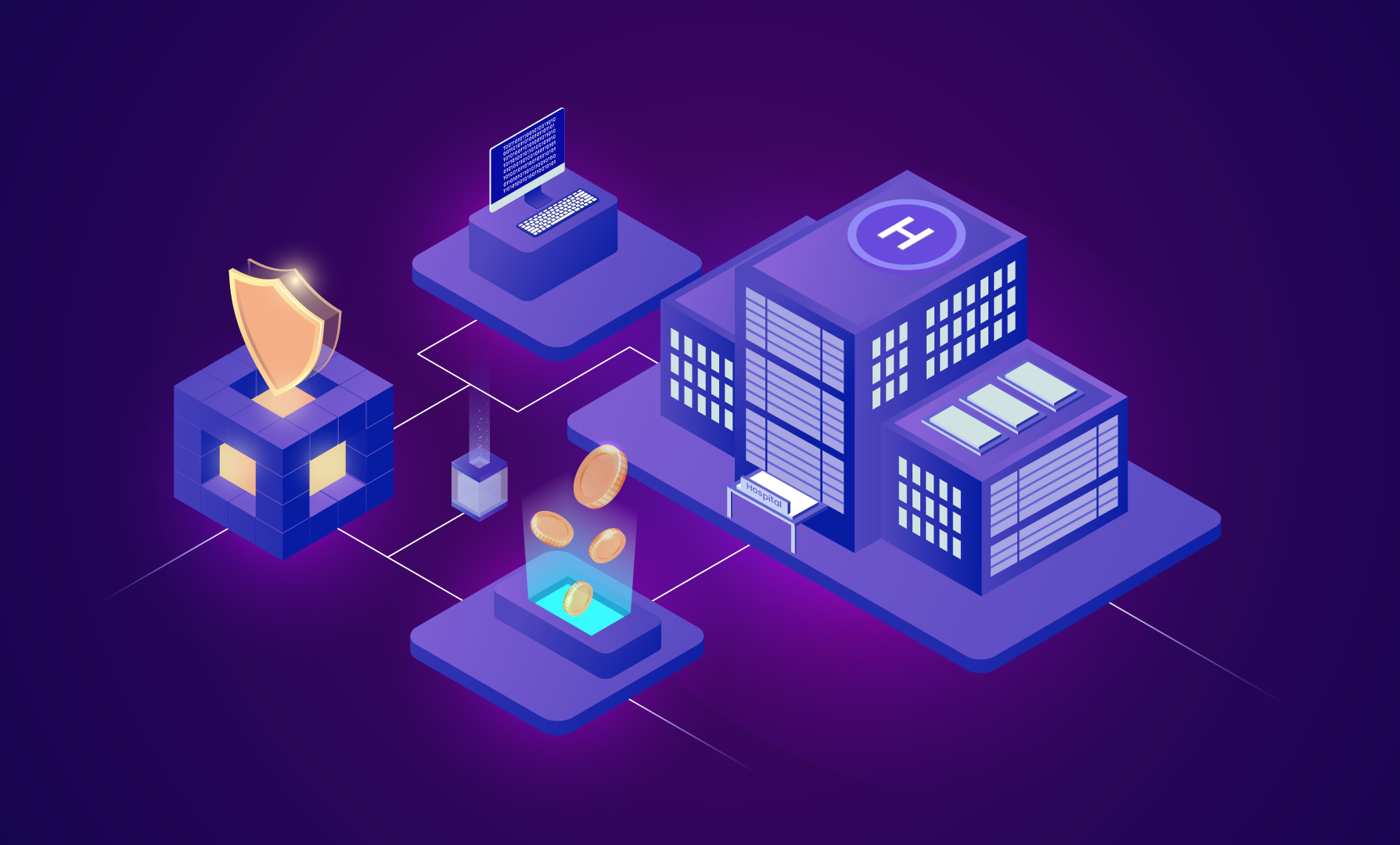In the ever-changing world of digital finance, decentralized technologies and blockchain, tokenization keeps emerging as a clear transformative trend. This trend goes mainly into the direction of real-world asset tokenization with a potential to reach $16 trillion business by 2030 [1]. In this article, we explore asset types that are set to redefine the way we invest, trade, and interact with the modern financial world.
1. Real Estate Tokenization: Democratizing Property Investment
Investing in real estate traditionally demanded a substantial upfront capital investment or involved taking on loans due to the high entry barriers associated with the market, until now. Real estate tokenization has emerged as a game-changer in the property market. This innovative approach allows individuals to invest in real estate assets with unprecedented ease and flexibility. Real estate tokens represent fractional ownership in properties, enabling investors to buy, sell, and trade real estate in smaller increments. This democratization of real estate investment promises to make property markets more liquid and accessible.
One real-life example of a real estate tokenization project is rocksolidestate.com.
2. Commodities Tokenization: A Digital Bridge to Traditional Riches
Commodities, including precious metals, energy resources, and lately even jewelry and gemstones have historically been associated with rather complex trading processes. Tokenization is revolutionizing this landscape by allowing these assets to be represented as digital tokens. Investors can now trade tokens representing commodities, enjoying a greater variety of different commodities as assets. This innovation bridges the gap between another very traditional industry and digital finance.
A real world example of commodity tokenization is THE NATURAL GEM (https://thenaturalgem.com/) which recently launched its GEM-Token. This token represents jewelries such as an emerald collier: https://www.habsburgfinearts.com/
3. Private Equity Tokenization: Expanding the Investment Horizon
Private equity investments have typically been the domain of accredited investors and institutional players. Nowadays, tokenization is disrupting this sector by enabling the creation of digital tokens that represent ownership in private equity ventures. These tokens offer fractional ownership, reduced barriers to entry, and increased liquidity, expanding opportunities for a wider pool of investors.
4. Art Tokenization: Crafting a Digital Gallery
Art tokenization is a fascinating development in the world of digital assets. In 2023, this trend continues to flourish, with artists, collectors, and galleries leveraging blockchain technology to tokenize artworks and collectibles. These digital tokens, often in the form of non-fungible tokens (NFTs), provide a transparent and secure means of ownership, provenance tracking, and the ability to trade or share art ownership with unprecedented ease.
5. Tokenization and Experiences: Create Unforgettable Journeys
This might be a less known tokenization use case, seeming unconventional and requiring more creativity, which makes it even more exciting. Tokenizing experiences is a rapidly growing trend in 2023. Creators, gallery owners, art managers, musicians, and even event organizers are embracing tokenization to offer more unique additions to your experiences.
Imagine going to a museum and becoming a sponsor or patron in real time, with your name displayed next to the world-famous masterpieces, and represented by the token ownership.
Also think of tokenizing digital experiences by granting entry to virtual concerts, behind-the-scenes content, or even access to limited-edition digital collectibles. By tokenizing these experiences, creators can monetize their content while offering fans a more immersive connection.
What’s next?
The tokenization of assets in 2023 is revolutionizing the way we engage with the financial world. From real estate to art and even digital experiences, these tokenized assets are redefining the rules of investment, ownership, and interaction with the world around us. This transformative movement naturally comes with regulatory and security challenges that must be addressed to ensure its compliance, sustainability and protect investors.
It is crystal clear that tokenization is still an emerging trend and is far from reaching its full potential. We can anticipate even more asset classes being tokenized and innovative applications appearing as blockchain technology continues to mature. This dynamic space is reshaping the financial industry, opening up new avenues of investment and participation for all individuals and institutions alike.
Stay tuned to our blog, as we will delve into these and other use cases in more detail in our upcoming articles!
[1] Boston Consulting Group: Relevance of on-chain asset tokenization in ‘crypto winter’: https://web-assets.bcg.com/1e/a2/5b5f2b7e42dfad2cb3113a291222/on-chain-asset-tokenization.pdf



